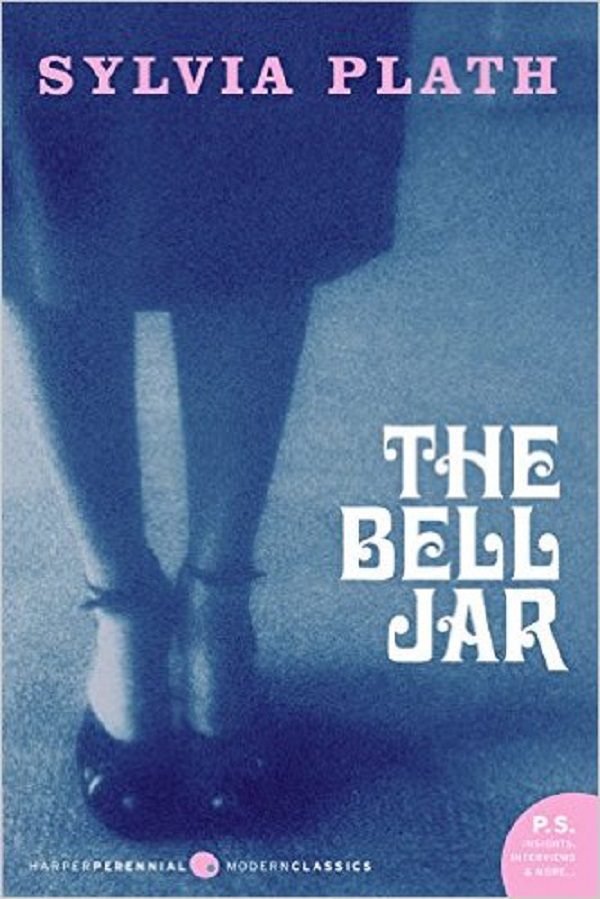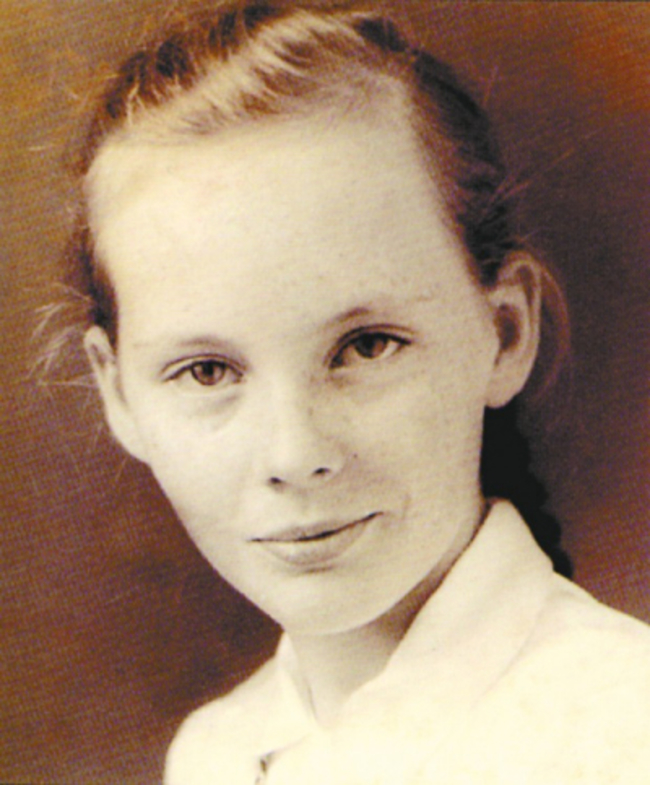For many people, the mention of Sylvia Plath’s name conjures the image of a woman steeped in bitter sadness, whose life was tragically cut short by her own hand. We know her confessional poetry as works of literary genius, which advanced the genre, and of her (semi) autobiographical novel, The Bell Jar. There are some who find her work too dark, too depressing, and it is for that reason that they cannot enjoy it.

Source: Amazon
To some extent, I understand this sentiment. Reading about someone else’s pain brings pain to ourselves. But that’s the wonder of reading her poetry. In it, we find the beauty of humanity. It’s a haunting sadness that we can dance with, a lyrical attachment to the soul.
One of my favorite works by Plath is Tulips. It’s a different kind of poetry for her. She wrote it in 1961, after undergoing an appendectomy. The poem revolves around her experience but alludes to something much darker. In stanza five she writes:
I didn’t want any flowers, I only wanted
To lie with my hands turned up and be utterly empty.
How free it is, you have no idea how free——
The peacefulness is so big it dazes you,
And it asks nothing, a name tag, a few trinkets.
It is what the dead close on, finally; I imagine them
Shutting their mouths on it, like a Communion tablet.
Sylvia Plath, Tulips, 1961

Source: Wallpapers Buzz
These are only 7 verses of a poem that speaks from the deepest part of an afflicted soul. But also you discover the beauty she alludes to: in death, there is peace, freedom. While it’s unfortunate that she feels that she can only find peace in this manner, I envision this utter freedom, this peacefulness that she describes so exquisitely for my loved ones who have passed on, and for myself, one day.
From her pain came art. She spoke of death and dreamed of death, but she brought life to the written word. Igniting the passion of millions of readers, across generations, classes, races, and religions, her writing has brought strength to voices like hers that need to be heard.
Plath’s legacy may seem like one of heartbreak and sadness, and surely her untimely death was. However, through the pain came something illuminating. Through her tortured spirit, we see the magnificence of life that eluded her. We see light where there is darkness, gain where there is loss, beauty in death, and an emergence of passionate expression.
YouTube Channel: Nina Westenraad
Featured image via NY Books
h/t PRI



